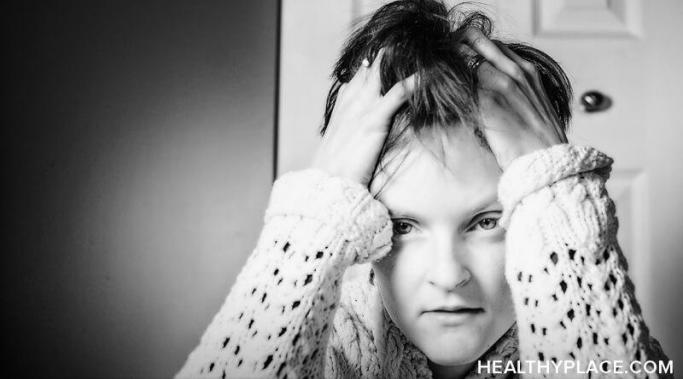Have you heard of a life script? Changing your life isn't easy, especially when you seek change that stands the test of time. I have been struggling to make some changes, and in a recent therapy session, I learned a technique that can help anyone steer their life in the direction they want. It's called rewriting your life script, and it can transform your life in ways you never thought possible.
Mental Health for the Digital Generation
If you're a digital activist, you need to protect your mental health. In today's hyperconnected world, anyone can be an activist, and so many of us are. It's incredible to see young people actively working to improve the world we live in. However, while advocating for causes like social justice is crucial, so is making time for self-care. After all, digital activism can take a toll on your mental health just as much as traditional activism. Let's explore how you can protect your mental health as a digital activist.
If you are active on social media, you are probably aware of the "bed rotting" trend. Coined by a TikTok user in 2023, this term has become synonymous with self-care for Generation Z. However, I believe that bed rotting is not an act of self-care because it occurs when getting out of bed feels impossible.
Maintaining friendships is no easy task, and it's all the more difficult when you have a mental illness. I should know; I struggle with double depression and generalized anxiety disorder, and many of my friends have mental illnesses like anxiety, depression, bipolar disorder, attention-deficit/hyperactivity disorder (ADHD), and obsessive-compulsive disorder (OCD). That said, it is possible to sustain friendships even when you live with a mental illness. Here's how my friends and I do it.
People, I feel wrongly, assume that you are either depressed or moody. When I was a teenager, I used to get frequent mood swings. At this age, I would also get episodes of depression. Unfortunately, I was labeled moody, and this was one of the primary reasons I was diagnosed with depression in my twenties. Honestly, I believe this is pretty common: depression and moodiness are considered mutually exclusive. However, according to personal experience, a person can experience both depression and moodiness.
Basic human decency is the glue that holds society together. It is the golden rule we were taught as children: treat others as you would like to be treated. Unfortunately, basic human decency is lacking in our world, and it affects our mental health in several ways. Let's take a look.
Depression has affected my self-esteem lately, making me feel like nothing I do is ever good enough. These days, I often have this question at the top of my mind: Should I just stop trying and give up? Sometimes, I feel I should keep going anyway; at other times, I am convinced I need a break. Tired of this conflict, I decided to write about it. Here's what I realized about thinking nothing I do is good enough.
Can you be manipulative without knowing it? Is such a thing even possible? My therapist says without knowing it, you can be manipulative. Read on to learn more about what she calls unintentional manipulation.
Fasting can be related to mental health. Fasting, the practice of abstaining from food or drink for a specific period, is significant in cultures and societies across the world. People fast for various reasons, from religious observance and spiritual purification to weight management and personal health goals. In fact, Ramadan, a month of fasting observed by Muslims, ended very recently. And it got me thinking: how does fasting impact mental health? Let's take a look.
Have you heard of "main character energy?" It's something that I recently remembered and found useful. I often feel powerless, as if I am a spectator of my own life. This isn't out of the blue: a recent series of events has shown me how cruel life can be for no reason. However, last night, I set aside some thinking time to try and resolve this issue. That's when I remembered main character energy, a social media term coined in 2020. It's a concept that deeply resonated with me, so I revisited it online and spoke about it with my therapist. Here's what I discovered.









